sewing book from the 70’s – relevant?
When I first started sewing I was given the Vogue sewing book, 1978 publication date. I refer to it all the time, but I am just wondering how relevant it is to today’s techniques. Can I depend on it for helping me sew with knits, for example? And for fitting techniques as well? Or should I just put it in my rare books collection *LOL* and get a new one?
Thanks IA
Rosie

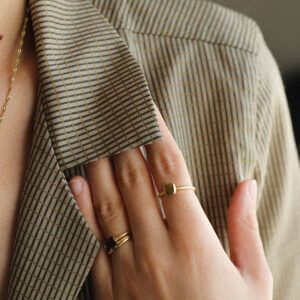
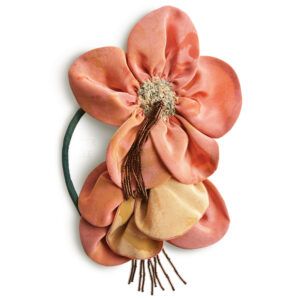
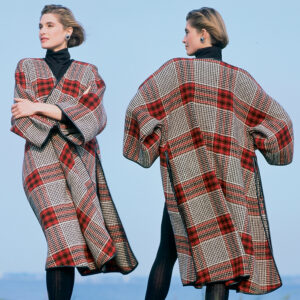
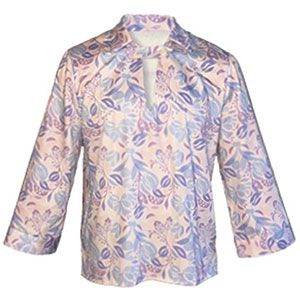
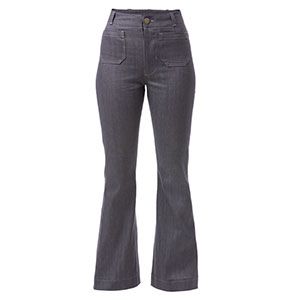
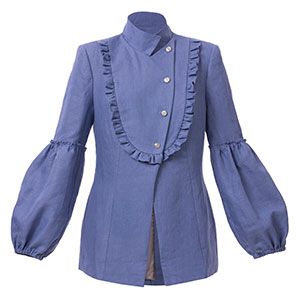
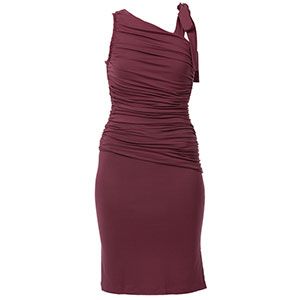
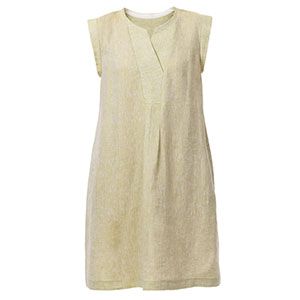
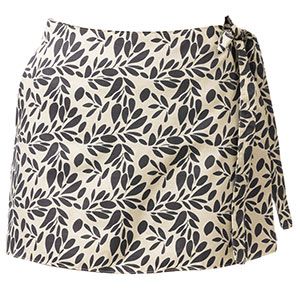
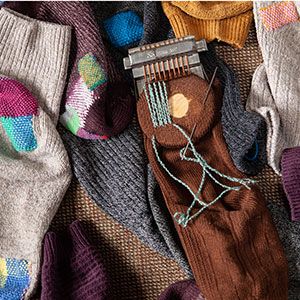
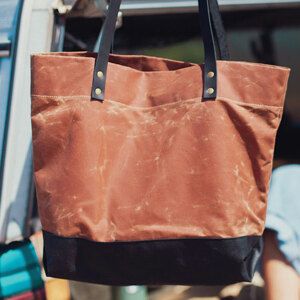
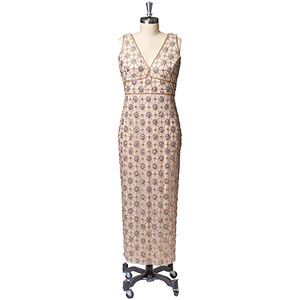
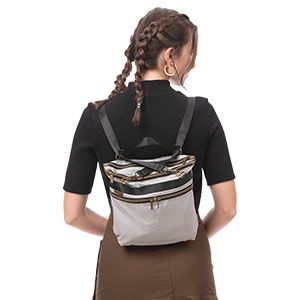
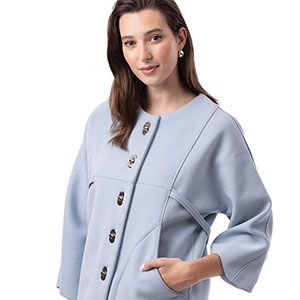
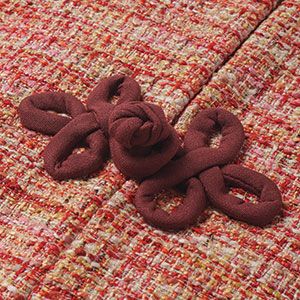




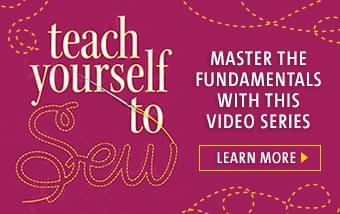
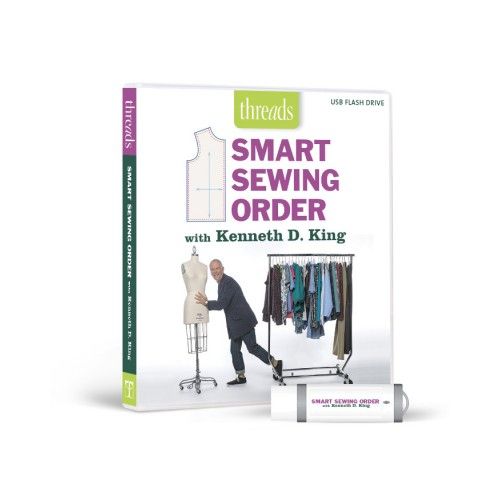
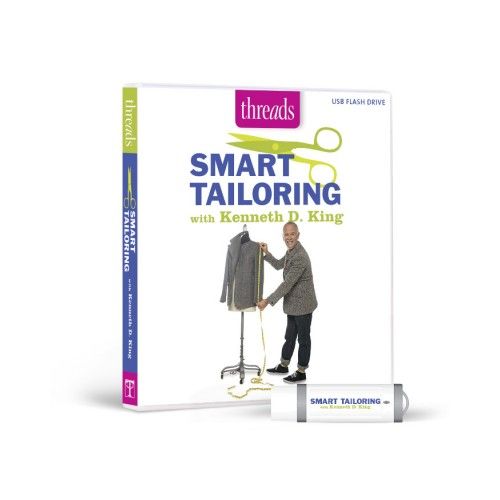
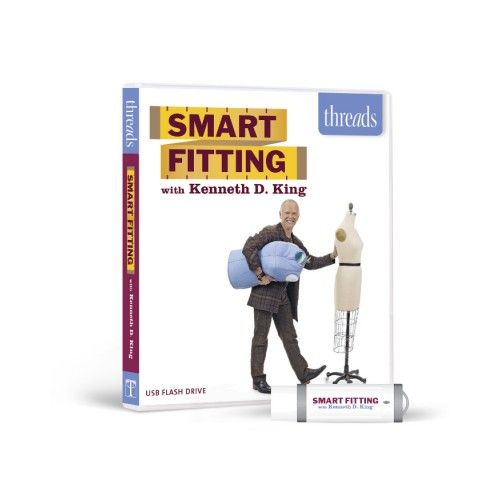




Replies
It is still relevant for any hand stitchs and some couture techniques. But, like all the sewing books that I have, not every thing is covered and a variety of books covers everything I need.
Nancy
Hi Rosie,
The books that I use most are the old ones that I inherited from my mother and grandmother. The basic mechanics of sewing stay the same, the machines and their capabilities do change. Construction is the same too, but with the different fabrics there are slight differences and better notions/tools.
As far as your other question about knits....the info in your vogue book should be relevant....ballpoint needle (so you don't rip up the knit)....go slow...some knits need seams great or equivalent notion...go with the books recommendations to start.
You'll be fine!
Nancy
I agree with Rosie. The hand stitching and basic construction details may not change much, but today we have so many new notions and techniques available that I wonder if a sewing book from the 70's would be relevant. I notice this when I look back at my old Threads magazines from the 80's and 90's. So many changes, the introduction of computerization and fabrics available on the internet!. Still, some of the articles remain relevant. Perhaps you could keep your book as a source and update with a newer guide.
I also have a 70s Vogue Sewing Book, and when my memory has to be refreshed, that is the one I go to, just like my big fat Betty Crocker Cookbook. Galey
Me, too. That old book doesn't have any info about the new stuff that we take for granted, like sexy iron-on adhesives tapes, or sewing with fleece, or industry sewing shortcuts, but I don't know of any other single book that covers everything from handstitches to basic fitting and sewing techniques right on up to tailoring. Even though I've been sewing since dirt was invented, I haul that book out a few times a year to look up something.
Sandra Betzina's Power Sewing books have some very relevant info you won't find in the Vogue. I would add them to your library and go from there, adding perhaps some great fit books, etc. My compulsion to buy fabric is only superceded by my compulsion to buy sewing books.
I remember that Vogue sewing book from the early 1970s; it was too expensive for me to buy, so I checked it out of the public library every so often for reference. Like a classic cookbook, it presents solid basics but sometimes gets bogged down in details that I simply don't have time to do or don't want to bother with anymore.
I would keep it for those times when you need a refresher on specialty techniques, but check out the new generation of large paperback books available, too. Three that I really enjoy are SewFast,Faster,Fastest and Secrets for Successful Sewing, and Sewing Secrets from the Fashion Industry, all of which cost less than twenty dollars and include up-to-date and efficient techniques that I use all the time (NAYY). All of them include information for sewers with or without sergers, current styles and fabrics, and mention of the many aids and notions available to us now.
These newer books help keep me updated on sewing techniques the same way my newer cookbooks help me improve on my favorite cookbooks. As a fan of books of any sort, the only reason I wouldn't keep a book is that I don't want to use or read it anymore!
I don't think I've ever thrown out/given away/sold at a garage sale anything about sewing. I've had to pare down my other books many times. I've got Quilter's Newsletter mags from 1976! I've used books on upholtery that were written in the 40s that were helpful just for the project I was working on. The thought of getting rid of your Vogue sewing book gives me chills. But then I'm a terrible packrat.
Now that so many resources are online, including this forum, it's not necessary to keep all books and references, especially if you have so many that you can't find what you need. I, too, adore books,but I also adore fabrics and all kinds of art supplies, so I try not to hang onto any book that I don't frequently use so that I have space for my other passions.However, I am also within blocks of a well-stocked public library and a reknown university library, so I can let them store the reference books while I buy and keep the more entertaining or beautiful ones at home. This also fits my philosophy that any book is valuable only when someone is using it; if it's sitting on a shelf in my home, it's not going to be used very often.
I have the same book. It was a gift! Mine is a slightly older version. I still refer to it for many things. I am tailoring again and it was my teacher and now a great reference. Brings back memories.
The new fabrics and supplies still require a basic knowledge of construction. This is a good solid book. It is as relevant as my books on renaissance clothing construction and other old techniques. I find my design inspirations in them.
Keep the book and learn to use all the wonderful new things too. The Vogue Sewing Book will help you understand complex constructions and how much time the new products save.
Becky
A very late addition from a new addition to the discussion (this is my first day). I am a librarian and have a real bias toward keeping those older books. You may never be able to replace it if you get rid of it. Unfortunately, unless you live by a huge archival library, you can't rely on them keeping an older book either. If it's not getting checked out, it's probably going to be thrown away at some point. This will also happen if it gets in bad shape! If you don't have room to keep the whole book, carefully pull out the most valuable pages and keep them in a sewing file......
Wow, a librarian who can tear pages out of a book! Obviously, libraries have changed since I worked in one.You could also copy the pages you want (it's out of print and copyright, I believe) and donate the book. Many programs in third-world countries are trying to get sewing equipment and instructions to poor women to start cottage businesses. To them, any book is precious.
This post is archived.